“A journey of a thousand miles must begin with a single step.”
Lao Tse
¿What does the journey include?
Please send us an e-mail to info@socompa.com or fill the form

Cuesta del Obispo | Cachi | Molinos
Distance: 122 km / 76 ml of paved road. 81 km / 50 ml earth track and gravel road. Altitude: Highest point 3.457 m. / 11.342 f. Molinos 2.020 m. / 6.627 f. | Estimated driving time 4 hs.
The road between Salta and Molinos is one of the most spectacular paths of the Argentinean Northwest. We will pass through four different ecosystems, from the green jungle of the Yungas to the semi deserted Calchaquí Valleys. 33km of mountain will bring us closer to Paso Piedra del Molino at 3457 meters: condors flying in the blue sky, guanacos and wild burros amongst thousands of Cardones, the local species of giant cactus.
There will be time for a walk in a small red desert rarely visited and a moment to relax under a cozy Molletree in the white colonial village of Cachi, where the sun shines almost all year round. We will spend the night in the small Village of Molinos in a secluded valley with a rich history.

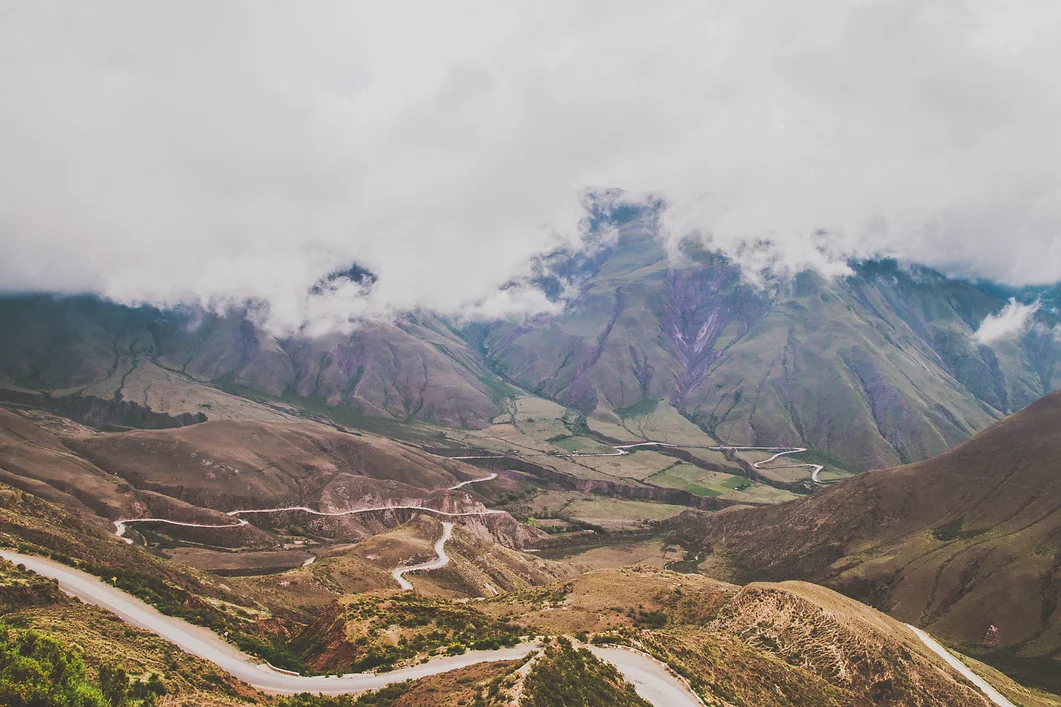


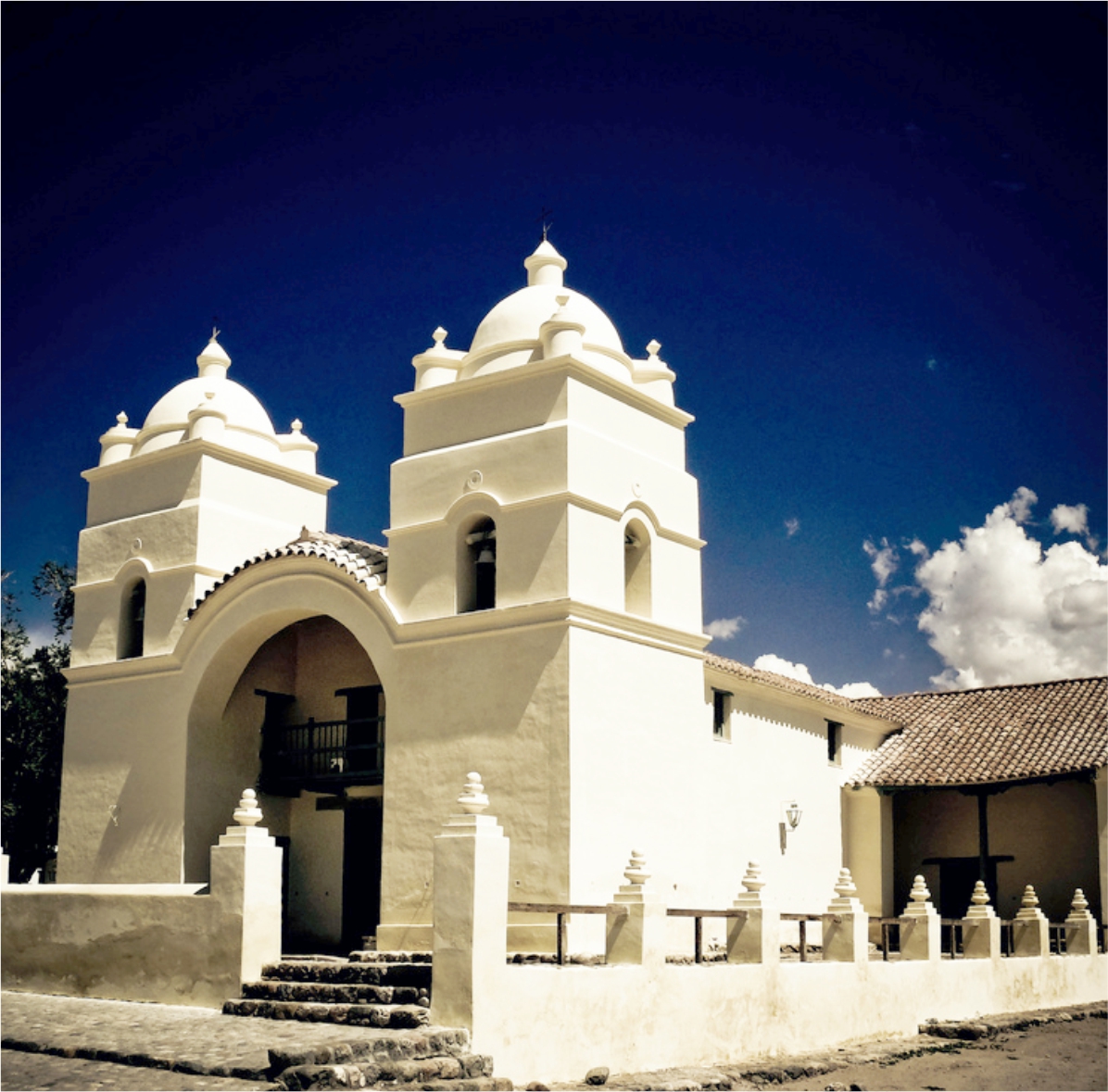
Angastaco | Quebrada de las Flechas | Cafayate |Quebrada de las Conchas | Salta
Estimated driving time 6 hs.
200 km / 124 ml paved road. 130 km / 80 ml gravel road.
Highest point2.300 m./ 7.546 f. Salta 1.200 m. / 3.937 f.

Breakfast
Route 40 is one of the most famous and longest routes in the world. Between the towns of Molinos and Cafayate we will find many little villages populated by local winemakers and farmers, we will drive across the Quebrada de las Flechas, a desert formed by dust of limestone and quartz, eroded by wind and water creating the shape of thousands of Arrow Peaks. Cafayate is the perfect place for lunch or to visit a traditional winery.
On the way back to Salta, we will explore the Conchas’ Gorge, at the best time of the day. The Gorge features 70 km of a deep ravine built in the last 50 million years with huge deposits of minerals (clay and sandstone in particular) moulded by water and wind that comes from an age when the region was dominated by a humid and warm climate. It is inhabited by a completely different wildlife, including crocodiles and turtles.
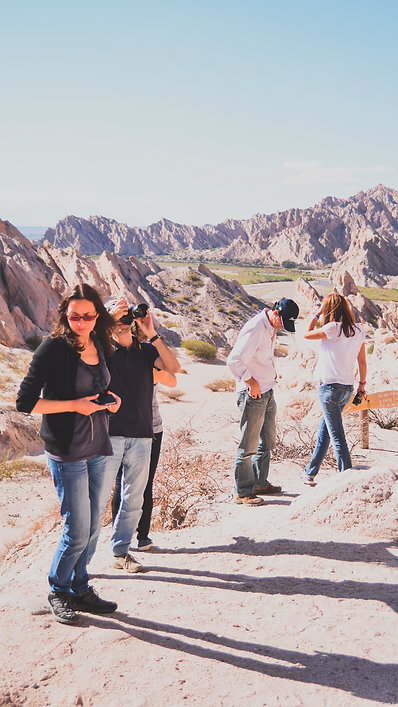




Salta | Quebrada del Toro | San Antonio de los Cobres | Salinas Grandes | Purmamarca
Estimated driving time 6 hs.
142 km / 88 ml paved road. 179 km / 111 ml gravel road.
Highest point4.170 m./ 13.681 f. Purmamarca 2.192 m. / 7.192 f.

Breakfast
The Toro’s Gorge is a natural lift that connects the green valley of Salta (Lerma Valley), rich in tobacco and horses, with an arid plateau at more than 3500 meters, called Puna. In less than 100 km, along the old railroad known as the Train to the Clouds, we will cross the eastern chain of the Andes to enter the Puna.
El Mojon, a small settlement lost in this high desert is an extraordinary example of the strength of the people inhabiting the Puna and how they can live in the XXI century without forgetting their ancestral traditions. Salinas Grandes, is an open white space of more than 100km surrounded by volcanoes, where the horizon seems endless. Finally, crossing the highest point of the itinerary, we will enjoy the best views of the Eastern Andean Range going down via Cuesta de Lipan. At sunset, we will arrive to the Andean village of Purmamarca, built in the surroundings of the Cerro de los 7 Colores.

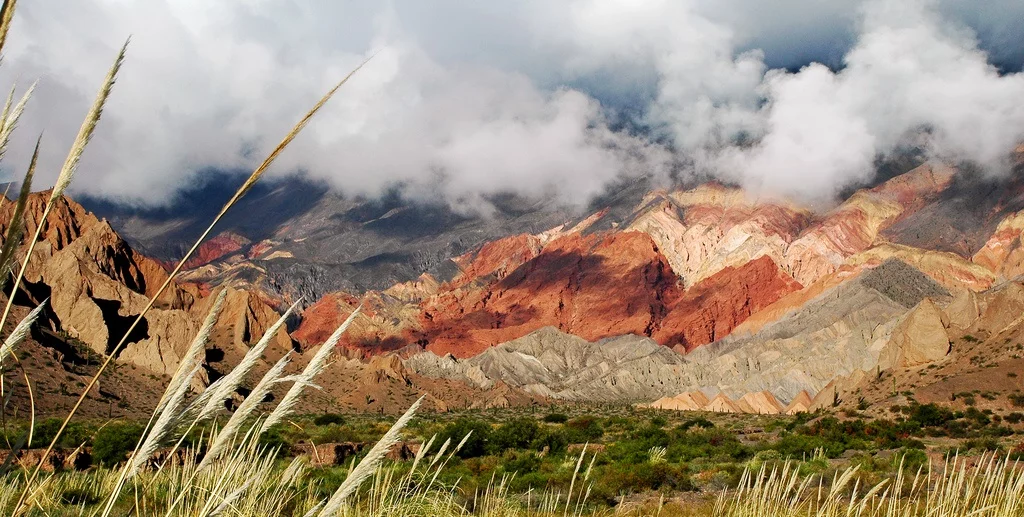
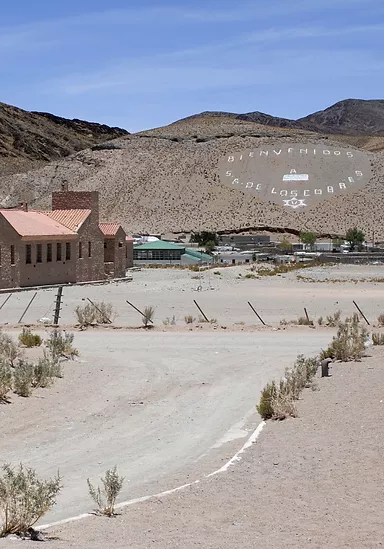
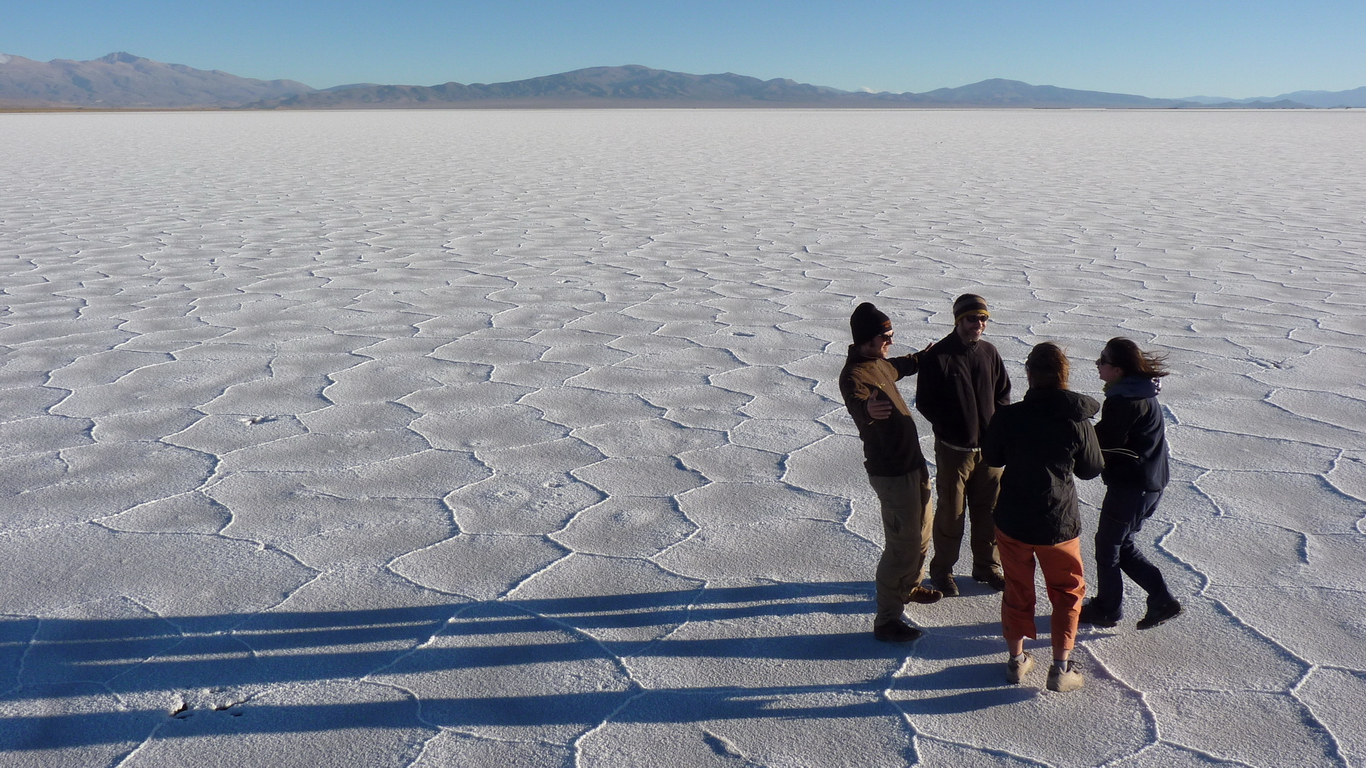


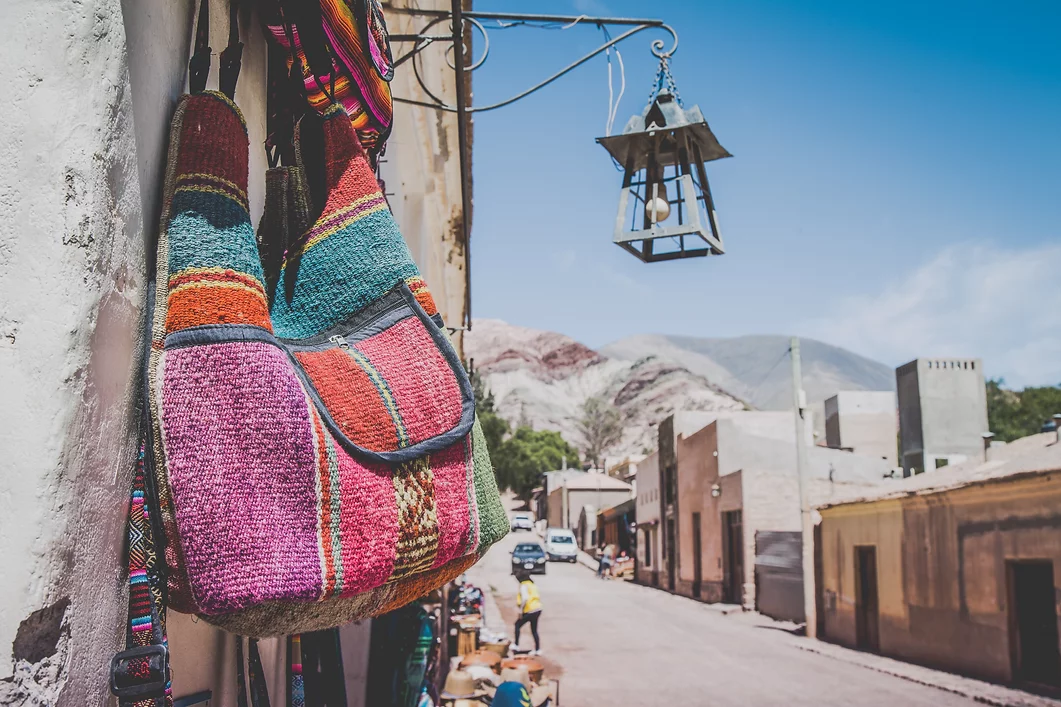
Purmamarca | Humahuaca | Hornocal | Tilcara | Salta
Estimated driving time 6 hs.
320 km / 198 ml paved road. 70 km / 43 ml gravel road.
Highest point 4.300 m./ 14.108 f. Salta 1.200 m. / 3.937 f.

Breakfast
The Humahuaca Gorge is a large valley that ends at the border with Bolivia and it is located in the province of Jujuy in the far north of Argentina. It is quite a young Valley, given that its formation dates a million years. The Gorge is famous for its colourful mountains, its geological formations and its historical villages.
During our trip we will visit the best places in the region in order to get a true feeling of this part of Argentina:the Humahuaca Market, a walk in the Colorado’s Gorge, the sacred garden of the Cardones (cactus species) at 3200 meters, and the impressive 14 coloured mountains ofHornocaland the Pucara of Tilcara – a pre-Inca fortress. We will also visit the villages of Tilcara, Humahuaca and Purmamarca with their typical artisanalmarkets. In the afternoon we will return to Salta.
End of our services.



